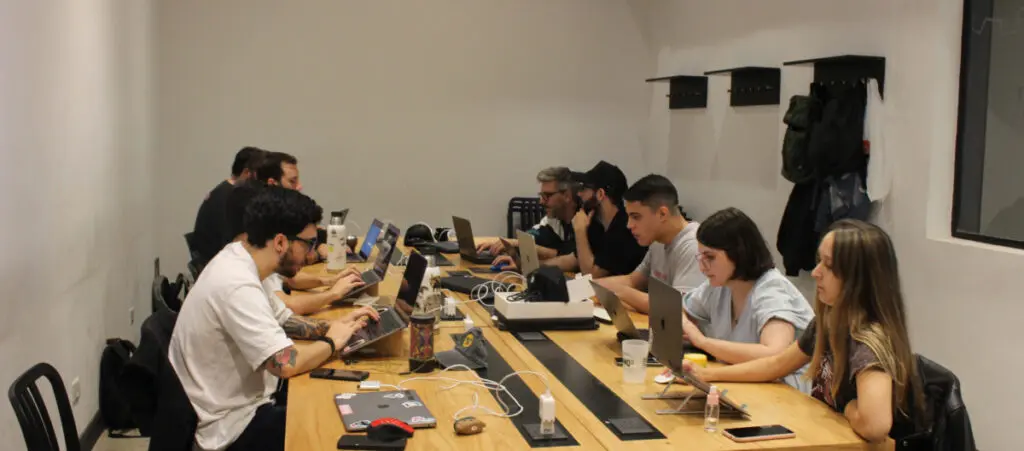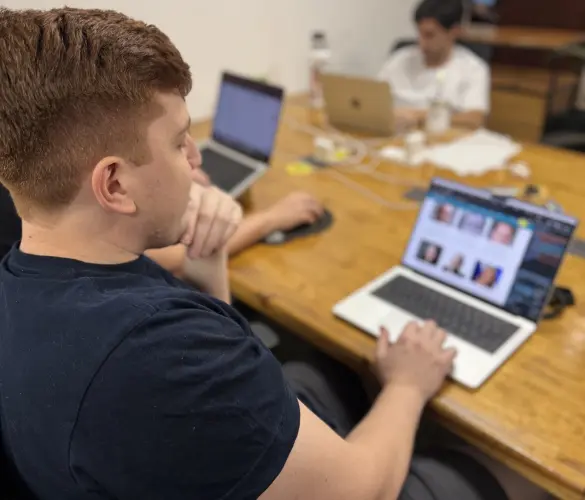Being a Product Owner in WordPress development projects often involves balancing team well-being with client expectations.
At White Canvas, we’ve developed strategies to prioritize both sides, fostering a culture where our team can thrive without compromising client satisfaction. Here’s how we’ve managed these dynamics in previous projects.
Prioritize Team Well-being Without Sacrificing Client Satisfaction
In our experience across various WordPress development projects, we’ve learned that when complications arise, choosing between team well-being and client satisfaction is not always necessary.
Instead, we’ve found that anticipating potential challenges, planning accordingly, and communicating transparently with clients is one of the keys to maintaining a balance.
For example, we once had a situation where some team members were dealing with personal issues that affected their productivity.
By planning in advance and communicating openly with the client about realistic deadlines, we maintained team morale and delivered a high-quality project.
The key was transparency. Being clear about expectations from the outset ensured that the client felt informed and supported while team members had the space to manage their challenges and return when ready.
This experience showed us how vital open communication and early planning are in creating room to balance client satisfaction and the team’s well-being.
How to Remain Flexible and Prioritize According to Challenges
We prioritize remaining flexible during projects and finding ways to adjust as new challenges arise.
Flexibility is a cornerstone of our approach at White Canvas. Using Scrums (an agile methodologies framework) and short sprints with clear goals ensures that the team remains focused on key deliverables, even when project priorities shift.
When the scope changes mid-project, we have clear and open discussions with both the team and the client to realign expectations. Additionally, regular sprint planning and daily stand-up meetings keep everyone on the same page.
During these processes, we always ask our team for feedback to gauge how they feel about their workload and whether any further adjustments are necessary.
This combination of agile methodologies and transparent communication creates an environment where shifting priorities doesn’t overwhelm the team. Instead, it helps maintain focus and adaptability while ensuring workloads remain manageable.
Transparent Communication With Clients: A Key to Long-term Success
Transparent communication with clients is crucial, especially when unexpected challenges arise. In the instance we mentioned before, our team members needed to take time off due to personal reasons, which delayed a complex deliverable.
We communicated this openly with the client, explaining the situation and suggesting solutions that balanced their needs with our team’s capacity. By being transparent, we preserved trust and provided alternatives to keep the project on track.
When clients resist deadline changes, we offer flexible options, such as postponing non-essential features or adjusting the scope. These solutions ensure the project moves forward without overloading the team.
Put Your Team Members First at All Times
At White Canvas, we’ve cultivated a “people-first” culture, where leadership protects the team from excessive client pressures. During intense project periods, we also prioritize well-being and workload assessment.
Additionally, we strongly advocate mental health by offering wellness workshops, flexible time off, and mental health days. If necessary, team members can also take “recharge hours” to ensure long-term productivity without burnout.
This people-first mentality has helped us maintain high performances across the team. Regularly assessing team well-being and adjusting workloads or timelines as needed ensures our team remains motivated and energized, even during demanding periods.
2 Key Takeaways for a Product Owner or Project Manager in High-stakes WordPress Development Environments
Based on our experiences balancing workloads with team well-being, these are our top 2 takeaways.
Prioritize Open, Honest Communication
Create a culture where team members feel comfortable discussing workload challenges. Check in regularly to identify potential burnout before it happens.
Set Clear Expectations with Clients
Be transparent with clients about what is achievable and set realistic deadlines upfront. Managing expectations early allows the team to work effectively without constant pressure.
In the past, we faced instances where failing to align client expectations resulted in team burnout. These experiences taught us the importance of early and ongoing transparency. Now, we consistently prioritize clear, proactive communication with clients to ensure alignment throughout the project lifecycle.
Navigating Human Dynamics in Project Leadership
Balancing team well-being with client satisfaction is a constant challenge, but with the right strategies, such as proactive planning, transparent communication, and a focus on mental health, it’s possible to achieve both.
At White Canvas, we constantly refine our approach to ensure that our team and clients thrive during projects. This helps us find ways to effectively balance workloads, client expectations, and team performance, even in high-stakes situations.
Hopefully, this post can be useful for a Product Owner or Project Manager working on WordPress development projects where unexpected adversities arise, and they need to balance team well-being with client satisfaction.
If you found this post useful, read our blog and developer resources for more insights and guides!
Related Articles
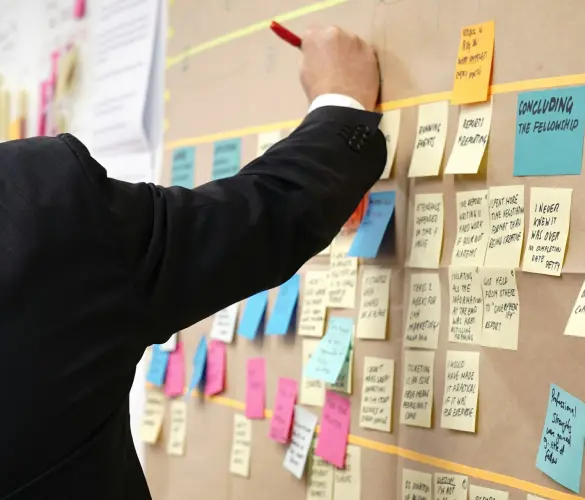
Business / 12 min read
Business / 12 min read
How to Take on More WordPress Development Projects While Maintaining Quality
As a digital agency that provides WordPress services, your job is to take on as many projects as possible while maintaining the highest quality. This is easier said than done…
Read More
Business / 9 min read
Business / 9 min read
How to Choose a WordPress Development Agency to Scale Your Projects?
When your agency starts to scale, you may decide that a big part of your expansion will be providing WordPress services. If that's the case but you don't have an…
Read More
Business / 7 min read
Business / 7 min read
How to Optimize Time and Resources in WordPress Projects
WordPress agencies need to optimize and human resources use in order for their services (development, QA, design, etc.) to be profitable. They need to plan these projects very thoroughly to…
Read More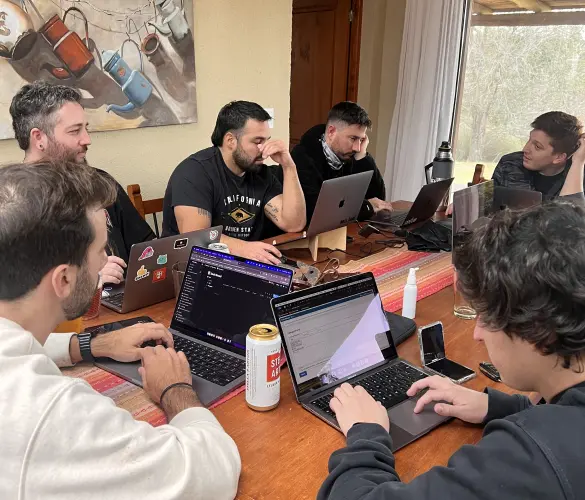
Business / 11 min read
Business / 11 min read
How WordPress Outsourcing Can Help Scale Your Agency
WordPress development outsourcing is becoming more frequent and affordable every day, helping global digital agencies of all sizes scale their services without the long-term investment of hiring an in-house team.…
Read More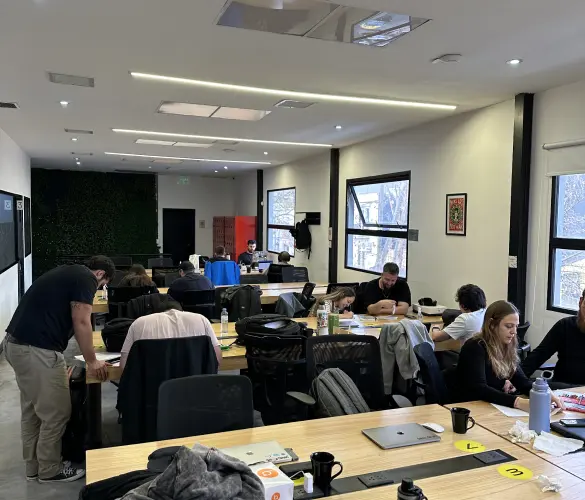
Business / 8 min read
Business / 8 min read
What Is a White Label WordPress Development Agency?
A white label WordPress development agency is a company of WordPress developers, QA analysts, and project managers who provide outsourced services to digital agencies that lack a development team. Importantly,…
Read More